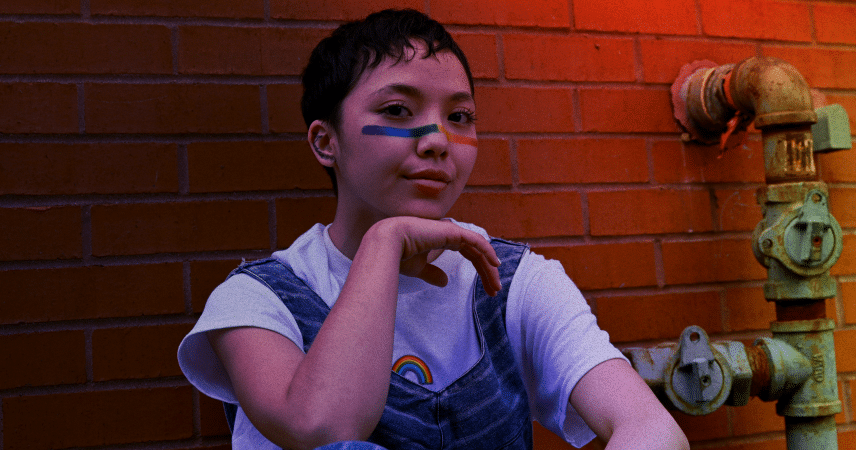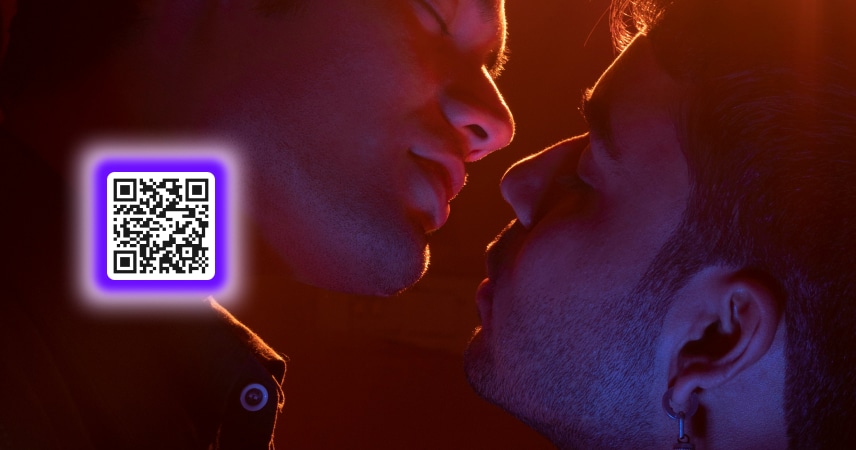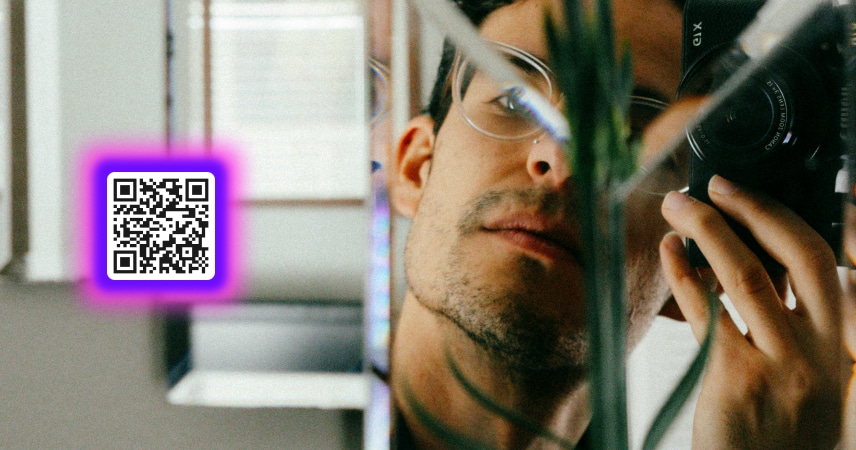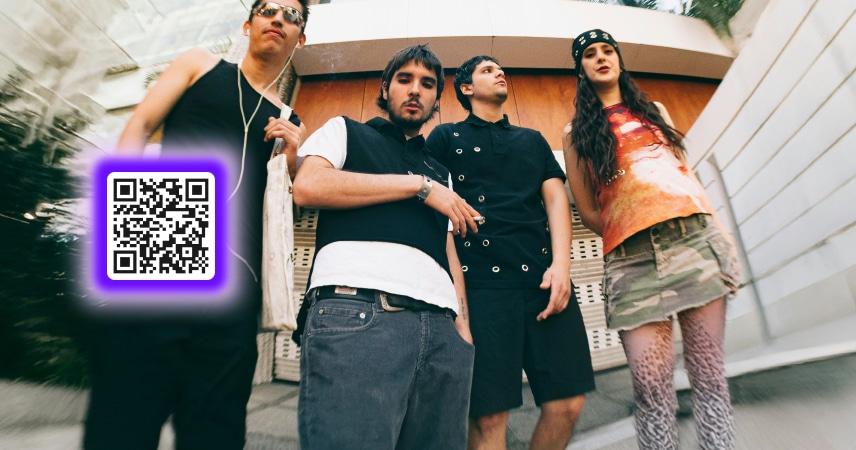
Let’s talk about self-discovery and exploration on queer dating apps! Recently, we surveyed Taimi users to see if folks were using our app for identity exploration. 1362 folks responded. Most, around 76%, did not. That’s proof that queerness isn’t a phase. Now, let’s talk about the other 24% – because that is statistically significant!
Let’s be clear, exploration in queer spaces is a natural, necessary thing. Comp het means that so many of us grow up with the weight of assumptions on us. Many are unable to process or recognize their queerness until adolescence or adulthood. In that sense, exploration is a good thing, but we must also recognize the darker side to all of this. Without an ethical approach, exploration can become exploitation. All of us must take care to explore our sexualities and identities in ways that do not cause harm.
Attraction Vs. Fetishization in Queer Spaces
Let’s start with some definitions. Attraction is being drawn to another person because of physical features, personality attributes, or other characteristics. An attraction may have a sexual component to it, but it doesn’t have to.
On the other hand, a fetish is decidedly sexual. It is reducing a person to nothing more than a single category as your reason for wanting to connect with them. When a fetish is based on a marker like gender identity or race, it reduces cultures and communities to sexual objects.
There’s nothing wrong with using an app like Taimi to explore or pursue your attractions. All of us have preferences, and see physical attributes before the traits that exist beneath the skin.
Exploring Attractions Ethically
Here are some things you can do to ensure you are exploring and pursuing your attractions without objectifying people.
- Be honest with yourself – Are you seeing this other person as a whole human?
- Question your intent – Are you pursuing connection or just checking off a box?
- If the trait that turns you on disappeared, would your attraction go away too?
Here’s an example. You meet someone on Taimi, and are drawn to their androgynous looks. You note that they’ve marked their gender identity as non-binary. What happens next determines whether you are experiencing an attraction or fetishizing them.
Do you read their profile to see if their values, interests, and relationship goals align with yours, or do you simply send a like because they’re nonbinary? What if their identity is evolving? Would your interest remain if you noticed they changed their profile from non-binary to man or woman a month from now? By thinking about these things, you can recognize when you are in danger of objectifying someone else.
When Exploration Causes Pain
Not everyone is blessed with an immediate understanding of who they are and how they are meant to experience sex and romance. That’s okay, as long as it doesn’t cause harm. When your exploration causes you to be dishonest with your partners, that’s a problem. This includes lying about your intentions or assuring folks that you are certain about things when you aren’t.
Ethical Strategies For Exploration
First, be radically honest. If you are figuring out who you are, say so. Yes, that does mean that you may experience rejection. That hurts, but other people have the right to their boundaries. Some folks don’t want to date people who haven’t yet achieved a solid sense of who they are sexually. Respect that, knowing that others are open to someone who is still discovering who they are.
If you are using a dating app to explore your identity or preferences, ask yourself how that impacts your ability to keep promises around exclusivity. It’s okay if you can’t commit, as long as you state that upfront.
Finally, people aren’t subjects upon which to test your identity or sexuality, especially not if they have made it clear that they want clarity.
Curiosity Must be Partnered With Consent
There’s nothing wrong with seeking out new experiences to learn more about what you’re into, or just out of curiosity. The key is to ensure that everyone involved has the right to informed consent. The person you are with has the right to know your intentions and not be misled. Yes, it can feel vulnerable to acknowledge that an experience is new for you, or that you are unsure of your feelings. But the other person should be emotionally prepared for an outcome that might include your realizing that a particular romantic or sexual connection isn’t for you.
What Does Ethical Exploration Look Like?
People often assume that ethics and consent in relationships must involve lots of awkward conversations that remove the fun and spontaneity from the equation. That isn’t true at all. Here are some actions you can take in online spaces that allow you to explore while treating others with respect:
- Create a detailed profile that discloses your relationship goals and interests
- Prioritize a desire to connect
- See the whole person, even if you are aroused by specific characteristics
- Be transparent but don’t overshare – consider the level of connection or intimacy you have with the other person
- Listen to feedback and accept rejection with grace
- Remember that respect and consent always trump your desire to explore
Help Foster a Space For Ethical Exploration
Everyone can contribute to creating online spaces that allow people to explore without judgment while also respecting boundaries. Start by remembering that everyone approaches relationships and connections according to their own goals, needs, and lived experiences.
If you are new to LGBTQIA+ relationships and experiences, understand that some app users may be jaded and impatient when it comes to newcomers. While there’s no excuse for cruelty or gatekeeping, we can also understand that men in this community have been fetishized or misled.
At the same time, it’s important for those who are confident and established in their identities to show empathy and understand that not everyone has the privilege of knowing who they are right away. Nobody deserves to be dismissed, rejected, or treated like an impostor for questioning or exploring.
Final Thoughts
It takes courage to acknowledge that you are unsure of your identity or sexuality. Exploration is how we gain a deeper understanding of ourselves. But that doesn’t mean anyone has a free pass to use others as tools for experimentation without their consent. When everyone prioritizes honesty, authenticity, respect, and consent, dating apps become safer places for all.





